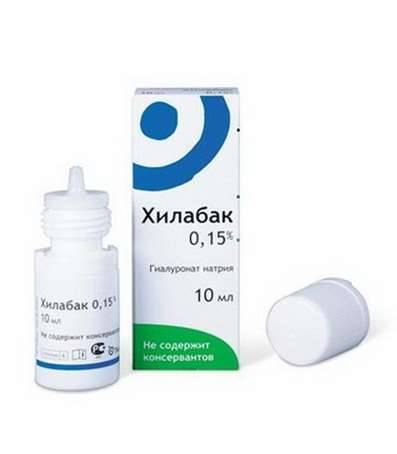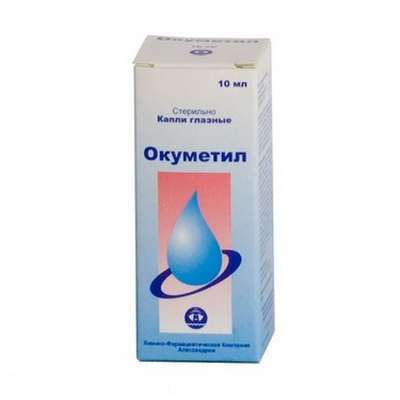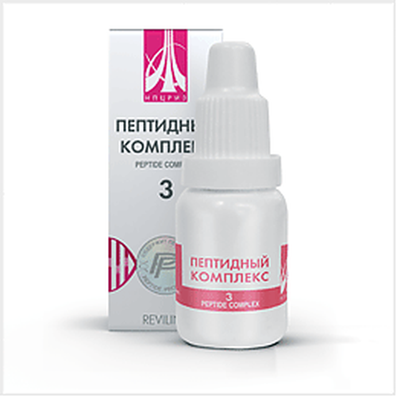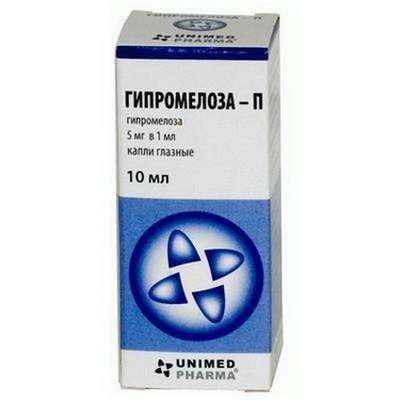Instruction for use: Alteplase
I want this, give me price
Trade name of the drug – Actilyse, Alteplase
The Latin name of the substance Alteplase
Alteplasum (genus. Alteplasi)
Chemical name
The tissue activator of plasminogen (human double-stranded protein of tissue type)
Gross formula
C2569H3894N746O781S40
Pharmacological group:
Fibrinolytics
The nosological classification (ICD-10)
I21 Acute myocardial infarction: Myocardial infarction in the acute phase; Acute Myocardial Infarction; Myocardial infarction with pathologic Q wave and without; Myocardial infarction complicated by cardiogenic shock; Infarction left ventricular; Transmural myocardial infarction; Myocardial infarction netransmuralny (subendocardial); Netransmuralny myocardial infarction; Subendocardial myocardial infarction; The acute phase of myocardial infarction; Acute myocardial infarction;Sub-acute phase of myocardial infarction; Subacute phase of myocardial infarction; Thrombosis of the coronary arteries (the arteries); Threatened myocardial infarction; Myocardial infarction without Q wave
I26 Pulmonary embolism: Recurrent thromboembolism of the pulmonary artery; Recurrent pulmonary embolism; Thromboembolism of the branches of the pulmonary artery; Thromboembolism of the lungs; Thromboembolism of the pulmonary artery (PE); Thrombosis of the pulmonary artery; Thromboembolism; Thromboembolism of the pulmonary artery; Thromboembolism; Pulmonary embolism; Thromboembolism of the pulmonary artery and its branches; Thromboembolism of pulmonary vessels; Embolism of the lung; Embolism of the pulmonary artery; Acute massive thromboembolism of the pulmonary artery
CAS Code
105857-23-6
Characteristics of Alteplase
A glycoprotein consisting of 527 amino acids. Synthesized by recombinant DNA technology.
Pharmacology
Mode action - Thrombolytic.
Activated when combined with fibrin and stimulates the conversion of plasminogen to plasmin. T1 / 2 is 4.5 minutes. Metabolised in the liver. Promotes the dissolution of a fibrin clot.
Application of the substance Alteplase
Myocardial infarction (in the first 6-12 hours), acute massive thromboembolism of the pulmonary artery.
Contraindications
Hypersensitivity, hemorrhagic diathesis, simultaneous anticoagulants, internal bleeding (including recently transferred), cerebrovascular accident (intracranial hemorrhage, hemorrhagic stroke, including a 6-month history), neoplasm with an increased risk of hemorrhage, aneurysms and vascular malformations, intracranial or spinal surgery within the preceding 2 months, hemorrhagic retinopathy, up to 10 days after severe trauma, traumatic Access the cardiac massage, extensive surgery, childbirth, puncture vessels with low pressure, including subclavian and jugular vein, severe uncontrolled hypertension, bacterial endocarditis, pericarditis, acute pancreatitis, gastric ulcer and duodenal ulcers during 3 months after acute liver failure, cirrhosis, portal hypertension, accompanied by esophageal varices, active hepatitis.
Restrictions
Recently suffered minor injuries as a result of biopsy, vascular puncture, intravenous injection, cardiac massage and other conditions, accompanied by a risk of bleeding, children and the elderly, pregnancy, lactation.
Application of pregnancy and breastfeeding
Perhaps, if the expected effect of therapy exceeds the potential risk to the fetus (experience with pregnancy is limited).
The action category for fetus by FDA is C.
Side effects of the substance Alteplase
Bleeding: external (from the site of the puncture, damaged vessels, nose, gums) and internal (in the gastrointestinal tract, genitourinary tract, retroperitoneal space, CNS, including intracranial, from the parenchymal organs); Arrhythmia (with successful recanalization of coronary arteries in patients with acute myocardial infarction), cholesterol or thrombotic embolism, incl. Kidneys with development of renal failure, nausea, vomiting and lowering blood pressure (may be symptoms of myocardial infarction), headache, hyperthermia, allergic reactions.
Interaction
The risk of bleeding increases with simultaneous use of coumarin derivatives, antiplatelet agents, heparin and other drugs that inhibit blood clotting.
Overdose
Symptoms: a decrease in the concentration of fibrinogen and clotting factors, bleeding (superficial, from the gastrointestinal tract, urinary and genital tract, parenchymal organs); Retroperitonealnye hematomas, hemorrhages in the central nervous system.
Treatment: the introduction of freshly frozen plasma, fresh whole blood, plasma-substituting solutions, synthetic antifibrinolytic agents.
Routes of administration
IV.
Precautions for the substance Alteplase
It should be borne in mind that in elderly patients it is possible to increase both the therapeutic effectiveness and the risk of intracranial hemorrhage (an estimate of the ratio of expected benefit and potential risk is needed). Experience with children is limited. At doses exceeding 100 mg, the risk of intracranial hemorrhage increases. In case of an anaphylactic reaction, stop the infusion and start symptomatic therapy.
If bleeding occurs, discontinue the injection.

 Cart
Cart





